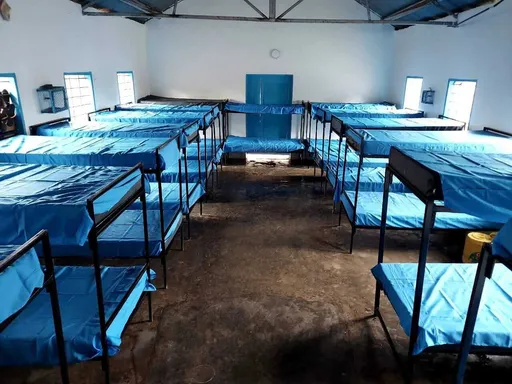Zambia and the European Union (EU) have signed the Climate Action Roadmap, which aims to guide the landlocked southern African country in the sustainable management of its forests.
The Climate Action Roadmap is part of the EU's pledge to protect biodiversity in Guyana, Mongolia, Congo, Uganda, and Zambia.
The agreement was signed on Wednesday by Zambian Minister for Green Economy and Environment Collins Nzovu and EU Climate Action Commissioner Wopke Hoekstra in the presence of the country's President Hakainde Hichilema and EU member states' ambassadors.
The roadmap ensures the implementation of the forest partnership, under which the bloc and beneficiary countries would work toward achieving a sustainable forest economy and pursuing climate action to protect the livelihoods of communities that rely on the forest for a living.
Forest management
On the occasion, Hichilema said the roadmap is critical in guiding the nation toward sustainable forest management.
"We look forward to the creation of jobs in this key sector, as we turn our climate ambition into action and protect the livelihoods of communities who depend on the forest to make a living," Hichilema added.
Hoekstra, for his part, said the EU is ready to collaborate with Zambia through investments in sustainable partnerships for green growth, value addition, and the creation of decent jobs.
"The EU is keen on helping Zambia accelerate investment in sectors that mitigate climate change. Among these is the utilization of digital technology to curb deforestation and find ways to preserve the forests," Hoekstra said, adding that such measures will reduce reliance on fossil fuels.
Deforestation framework
Green Economy and Environment Minister Nzovu said the roadmap will strengthen cooperation and contribute to the implementation of the EU deforestation regulation framework.
Other advantages of the roadmap include increased technical assistance, reduced deforestation, increased areas of sustainably managed forests, sustained forest-related value chains, facilitated trade in legal and sustainable forest products, a nd strengthened mutual dialogue to address forest degradation.
























